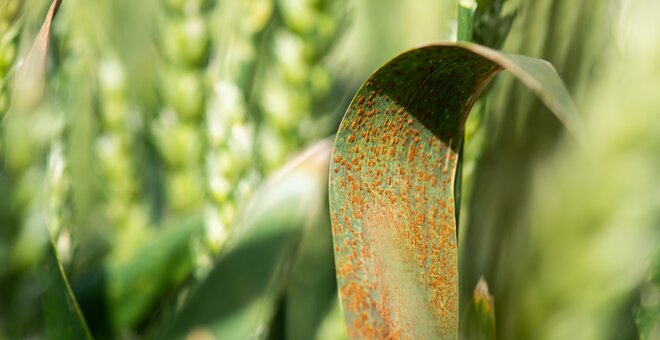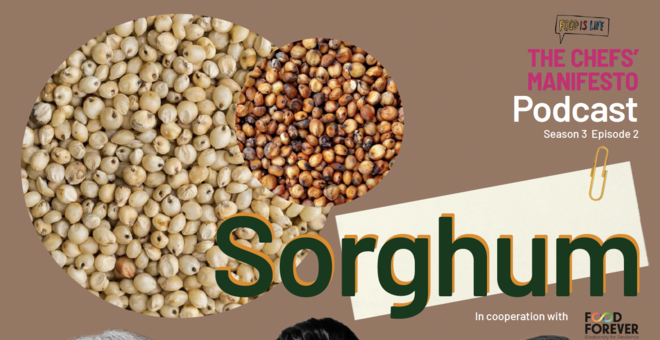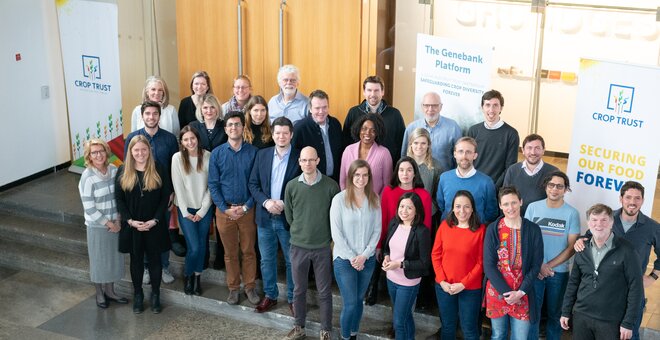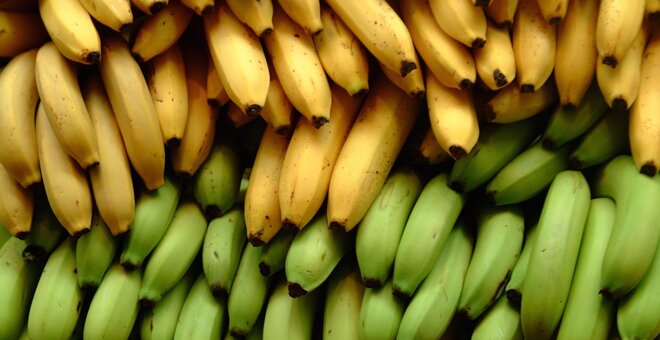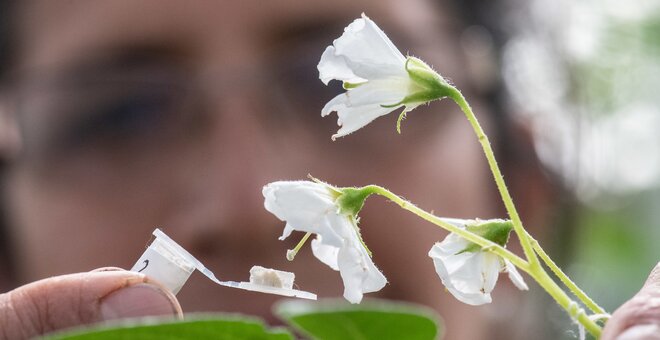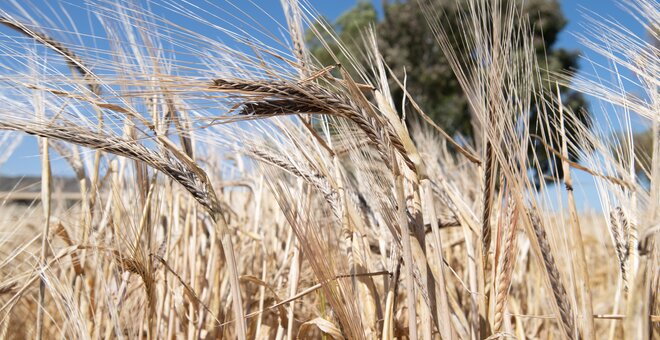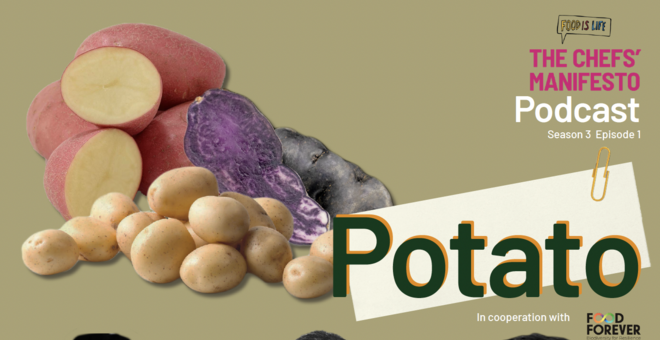All latest news and events
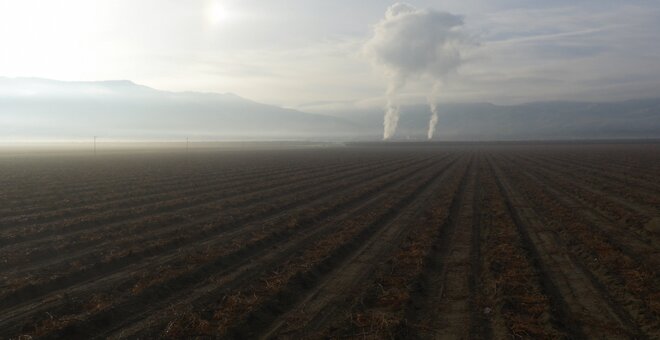 The Dasgupta Review says there has been an institutional failure to adequately protect biodiversity.
The Dasgupta Review says there has been an institutional failure to adequately protect biodiversity.Reflections on the Dasgupta Review
Humanity is destroying biodiversity at an accelerating rate, and a major reason is agriculture.
This is not a new revelation, but it is perhaps surprising, and welcome, that it should be repeated, with thorough documentation, by...
9 Feb 2021
9 Feb 2021
Chefs' Manifesto Podcast - Coffee: the Diversity of Our Daily Grind
Season 3 - Episode 3
Relax, enjoy a cuppa and listen to this episode about coffee. Chef Daniel Kaplan and Chef Aylin Yazıcıoğlu discuss how coffee is an integral part of their respective cultures but explain how it can be...
8 Feb 2021
Battling Biotic Stress in Farmers' Fields
Crops are often threatened by a range of unfriendly organisms, including various kinds of bacteria, fungi, insects and weeds. These plant predators hamper efforts to adapt agriculture to climate change because they often thrive in...
2 Feb 2021
2 Feb 2021
Chefs' Manifesto Podcast - Sorghum: the Camel of Crops
Season 3 - Episode 2
This episode focuses on sorghum, an under-appreciated crop mainly grown in Africa. Chef Ali Mandhry, a sorghum champion, shares recipes and his passion for this crop while working from his home in Mombasa,...
1 Feb 2021
Tell Us What You Think
Be honest—what do you think of the Crop Trust website?
Help us improve your future digital experience with the Crop Trust and its affiliate projects and platforms by participating in a short survey.
Click here to open the survey...
29 Jan 2021
29 Jan 2021
Wild Bananas from Papua New Guinea Boost Food Security for All
Bananas come in a huge array of different types, some say perhaps a thousand or more distinct cultivated varieties, but there’s only one kind found in most grocery stores, the so-called Cavendish. Bananas are produced by growing...
28 Jan 2021
28 Jan 2021
Crop Science Special Issue Shows Why Crops Need to Get Wild
When the Growing Gets Tough, the Tough Get Pre-breeding
Much like dogs have wolves, our familiar crops have undomesticated relatives growing in the wild, which often have useful traits not found in their cousins grown on farms. As...
25 Jan 2021
25 Jan 2021
Adapting Crops to Climate Change: Paving the Way for More Resilient Agriculture
Newly Published Research Shows When the Growing Gets Tough, the Tough Get Pre-Breeding
The successful results of a major global initiative to use crop wild relatives in breeding new, improved crop varieties that can withstand the...
25 Jan 2021
25 Jan 2021
Chefs' Manifesto Podcast - Potato: the Prolific Tuber
Season 3 - Episode 1
Ever wondered about the history of potato? Mashed or fried, this crop has had an impact on cuisines from around the world. Irish chef Janice Bracken and Peruvian chef Diego Oka discuss the history and impact...
25 Jan 2021


